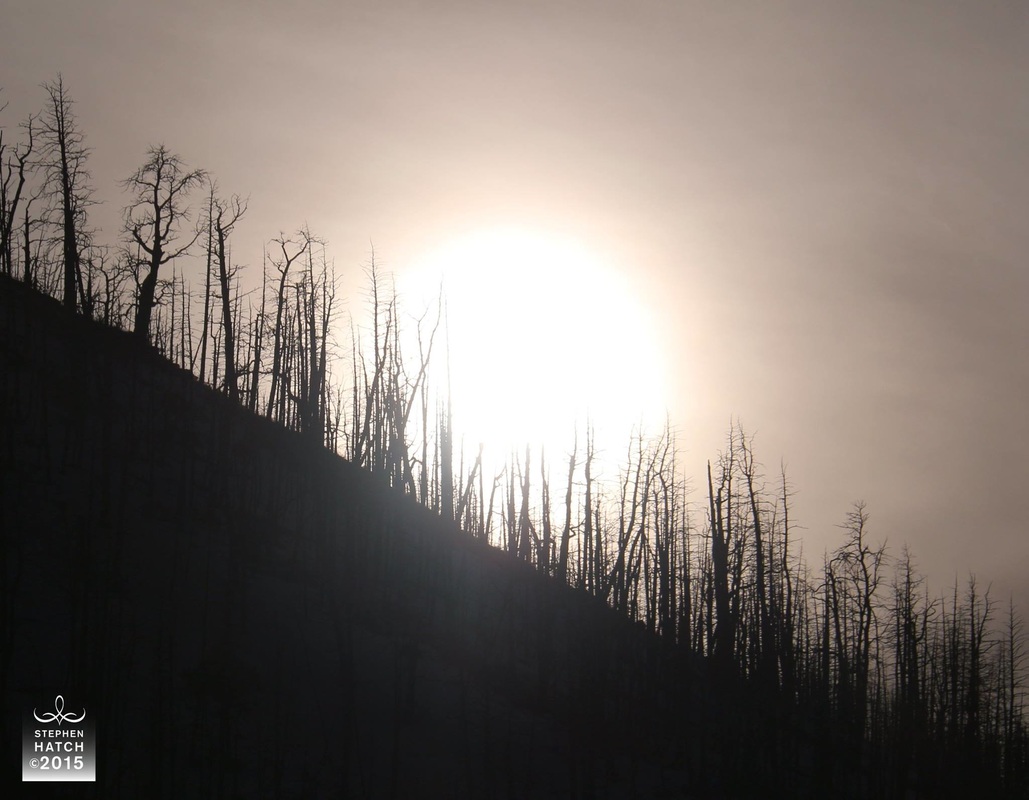|
"At last I was granted permission to come to Washington and bring my friend Yellow Bull and our interpreter with me. I am glad I came. I have shaken hands with a good many friends, but there are some things I want to know which no one seems able to explain. I cannot understand how the Government sends a man out to fight us, as it did General Miles, and then breaks his word [about allowing us to return to our home in the Wallowa Valley if we surrender]. Such a government has something wrong about it. I cannot understand why so many chiefs are allowed to talk so many different ways, and promise so many different things. I have seen the Great Father Chief [President Hayes]; the Next Great Chief [Secretary of the Interior]; the Commissioner Chief; the Law Chief; and many other law chiefs [Congressmen] and they all say they are my friends, and that I shall have justice, but while all their mouths talk right I do not understand why nothing is done for my people. I have heard talk and talk but nothing is done. Good words do not last long unless they amount to something. . . I am tired of talk that comes to nothing. It makes my heart sick when I remember all the good words and all the broken promises. There has been too much talking by men who had no right to talk. It does not require many words to speak the truth." Chief Joseph Nez Perce' 1879 My wife and I are watching the 5-disc DVD set on "The West" by Ken Burns. It is an incredibly well-done production, as all of Burns' are. One of the questions that continually arises for me while watching this series is this: although the various indigenous peoples of this land - including Chief Joseph and the Nez Perce Nation - understood that it is very important to keep one's word and to honor one's agreements and treaties, the Euro-Americans seemed to take the opposite attitude. It is unbelievable how many treaties were broken by the government, once it no longer seemed expedient to honor them. If gold was discovered on Indian treaty land, or if whites decided they wanted to live there, or because of a dozen other reasons, the government would break the treaty. Is this just a historical attitude - present among Euro-Americans at that particular time and place - or is it an attitude that STILL prevails among us? Do Native Peoples value silence more than we do, and thus ALSO value the words that spring from that Silence? Do OUR society's words just chatter on and on, ungrounded in anything deeper, with the result that we don't even know how to respect our own words and promises? Perhaps if our culture honored Silence more thoroughly, we would correspondingly value the words that arise OUT OF that Silence . . . Photo: The sun sets through the dead trees in the Hewlett Burn, Poudre Canyon, Larimer County, CO, February 13, 2016 For Spiritual Direction or Workshops, please visit: http://www.resourcesforspiritualgrowth.com/
0 Comments
Leave a Reply. |
AuthorStephen Hatch, M.A. is a spiritual teacher and photographer from Fort Collins, Colorado. His approach is contemplative, inter-spiritual, and Earth-based. Archives
June 2016
Categories |

 RSS Feed
RSS Feed
